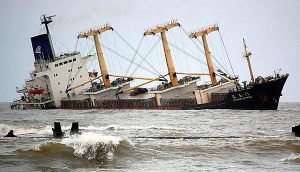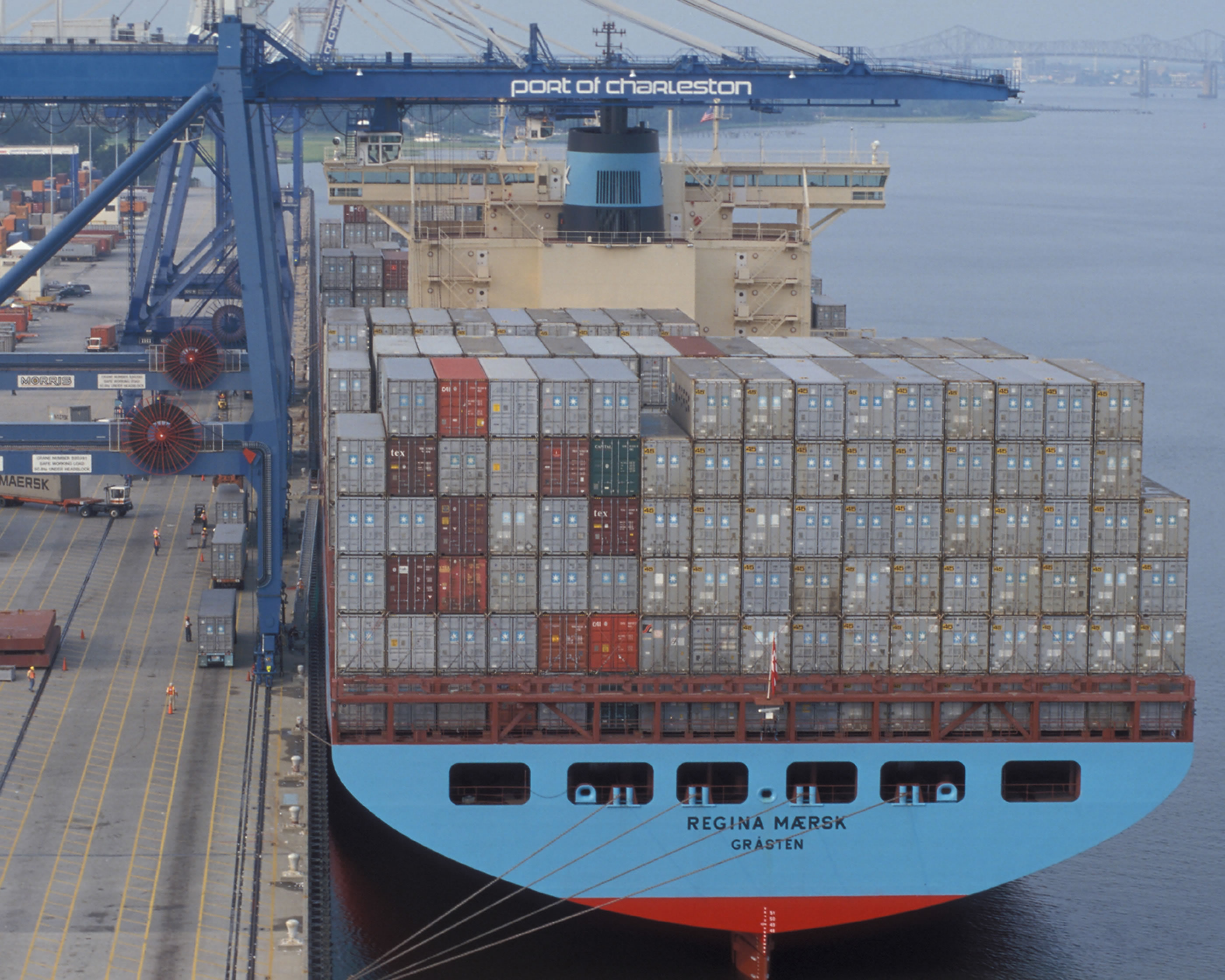 Shipowners can bind cargo owners to arbitration in salvage agreements
Shipowners can bind cargo owners to arbitration in salvage agreements
Background
A shipowner or master can bind cargo owners to arbitration where it is offered in a salvage agreement (under the Lloyds Standard Form of Salvage Agreement (LOF 2000)). The shipowner’s or master’s authority derives from the London International Salvage Convention (1989), ratified by both Greece and the United Kingdom, among others. The shipowner’s or master’s authority is governed by the law on the main legal relationship (salvage agreement) to which the ex lege (ie, by operation of law) authority relates.
Facts
In February 2005 a ship was stranded in open water off the Greek island of Chios in the Aegean Sea. The master of the ship, upon the instruction of the shipowner, entered into a written salvage agreement (under the LOF 2000) with the salvor, a Piraeus salvage company. Following standard practice, on the condition that salvage was successful, the salvor’s reward would be determined by arbitration at Lloyd’s in London under the English Arbitration Act 1996, as part of the arbitration clause contained in the salvage agreement. The parties also agreed that the agreement would be governed on the merits by English law, which included the London International Salvage Convention (1989).
After 33 days, the salvage of both the ship and its cargo was successful, and in June 2005 the salvor initiated arbitration proceedings in London against the shipowner and the cargo owners in order to determine its reward. Despite proper notice of the arbitration proceedings having been given to all respondents, the cargo owners did not participate in the arbitration. The tribunal rendered its award in November 2005, determining that the cargo owners’ apportionment of the salvage reward amounted to 75% of the salvaged cargo’s value. As no appeal was filed by the parties (which had the right to appeal to a Lloyd’s appeal arbitrator), the award became final.
The cargo owners refused to abide by the rulings of the award and the salvor sought to enforce it in Greece under the provisions of the 1958 New York Convention on the Recognition and Enforcement of Foreign Arbitral Awards (ratified by Greece in 1961). In their defence, the cargo owners questioned the validity of the arbitration agreement (contained within the salvage agreement). In particular, they submitted that the shipowner lacked the authority to enter into an arbitration agreement on their behalf. Further, they also submitted that they were deprived without their consent of the court determined by the Greek Constitution (Article 8) to hear the disputes they were involved in, and that the award therefore violated Greek public policy.
Decision
The Piraeus First Instance Court dismissed the cargo owners’ defence and held that the award was enforceable in Greece. The cargo owners appealed before the Piraeus Court of Appeal. The court held that under English law – of which the London International Salvage Convention of 1989 forms part, whose provisions applied in the case in dispute – both the master and the shipowner have the right to enter into such (salvage) agreements on behalf of the owners of cargo carried by the ship and to bind such cargo owners.
The court pointed out that the Salvage Convention was ratified by Greece in 1996, implying that the situation would not be different even under Greek law. As the shipowner acts by operation of law as agent of the owners of cargo carried by the ship and the scope of its authority is determined by law, a specific empowerment by the cargo owners to enter into an arbitration agreement (such as that contained in the LOF 2000) is not required.
The court was further satisfied that the requirements for the formal validity of the arbitration clause had been met. In this context, it applied the provisions of the English Arbitration Act 1996, which were held applicable on the basis of a Greek choice of law rule (in particular Article 11 of the Greek Civil Code, which determines the applicable law on the formal validity of contracts). Finally, the court dismissed the respondents’ assertion that Greek public policy was violated. The court noted that this ground of the appeal was attributed to the alleged lack of authority on the part of the shipowner, which had already been dismissed.
Comment
The judgment of the Piraeus Court of Appeal raises arbitration law issues at both the substantive law and the conflict of laws level. At the substantive law level, it is made clear that both shipowner and master had the authority to bind the cargo owners in an arbitration agreement in virtue of Article 6(2)(b) of the London International Salvage Convention (1989). Although the court applied English law, of which the convention forms part after the Merchant Shipping (Salvage and Pollution) Act 1994, the situation is no different under Greek law, of which the convention also forms part after Law 2391/1996 (in force since June 3 1997). The court left this in no doubt, as it specifically noted that the convention also applies under Greek law. Prior to the Salvage Convention coming into force in Greece, case law accepted the master’s authority to enter into an arbitration agreement – binding for cargo owners – as part of the general authority conferred upon him or her by the law, in the context of salvage as well.
At the conflict of laws level, the court addressed the issue of the applicable law that governed the shipowner’s authority to bind the cargo owners to arbitration and the issue of the applicable law that governed the formal validity of the arbitration agreement. As regards the former, the court did not make specific reference to its conflict of laws approach, but simply applied English law in order to ascertain the shipowner’s authority. In essence, it applied the law governing the main legal relationship (salvage agreement) to which the ex lege authority related. If the court had applied the law of the place where the act took place, this would have been Greek law, as it appears from the facts that both ships involved – the ship in distress and the salvor’s ship (on board one of which the salvage agreement appears to have been signed) – flew the Greek flag. As regards the formal validity of the arbitration agreement, the solution adopted by the court is questionable. The court applied a national choice of law rule (Article 11 of the Greek Civil Code) that determines the applicable law on the formal validity of contracts. Nevertheless, at the same time, the court held that the New York Convention applied. The latter has a substantive rule (Article II(2)) on the formal validity of arbitration agreements. The Greek Supreme Court has already held – in accordance with other national courts and legal doctrine – that the formal validity of an arbitration agreement is determined only in virtue of Article II of the New York Convention in an autonomous manner and without recourse to national choice of law rules.
- IKRP Rokas & Partners
- Antonios D Tsavdaridis
- Greece
- May 19 2011



